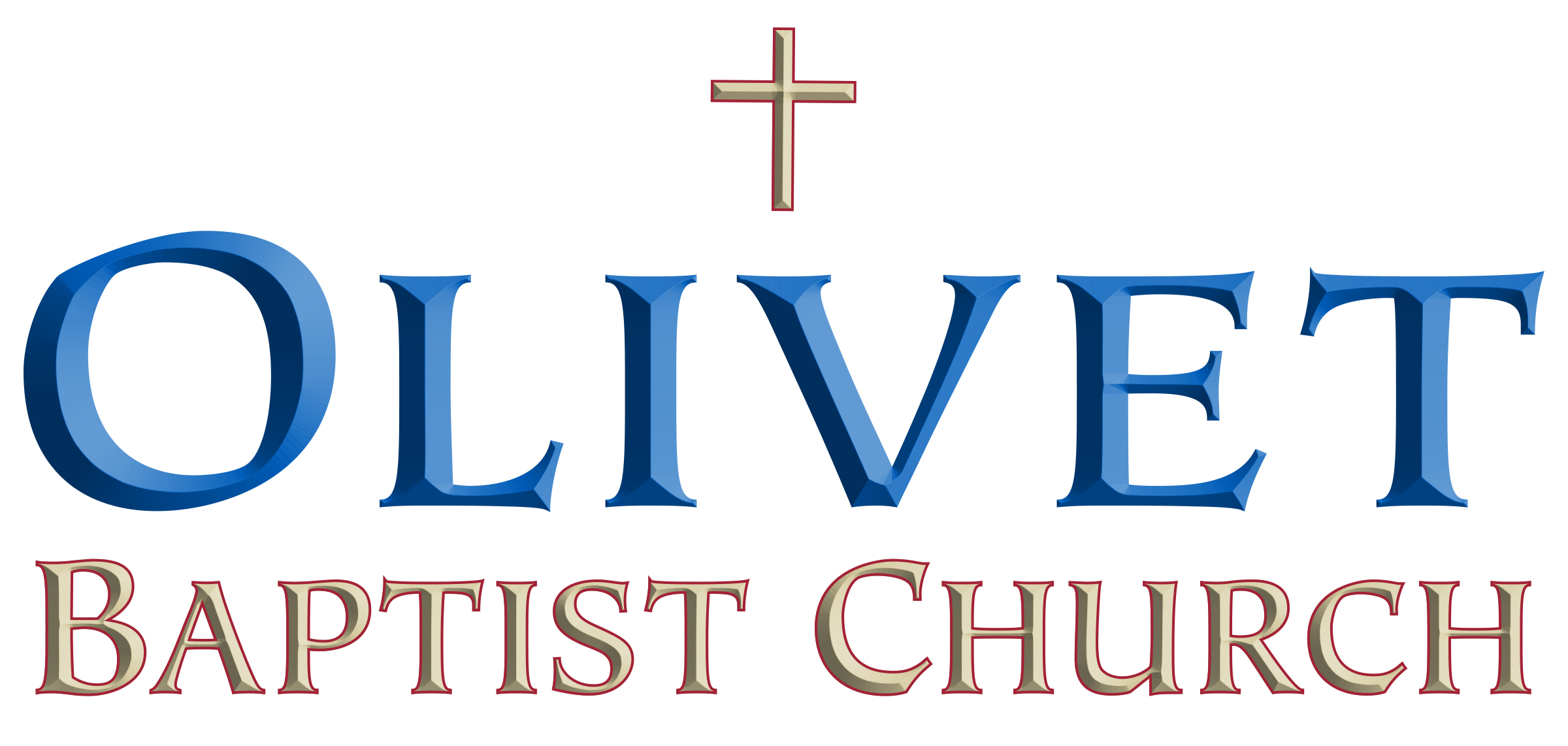Now about that time Herod the king stretched forth his hands to vex certain of the church. And he killed James the brother of John with the sword. And because he saw it pleased the Jews, he proceeded further to take Peter also. (Then were the days of unleavened bread.) And when he had apprehended him, he put him in prison, and delivered him to four quaternions of soldiers to keep him; intending after Easter to bring him forth to the people. Acts 12:1-4
This is the only place in the Bible that the word Easter is found. I have been told many times by many Christians over many years that my beloved King James Bible has a mistake in this verse and the “correct” translation should be Passover. Since I believe and the Bible claims not just to be inspired but also to be preserved; and that the Word of God is inerrant and infallible, I cannot let this false charge to go unanswered. The KJV differs from all modern bible versions in that it is the only one that originates from the correct source, the Received Text or Textus Receptus. All other bibles come from or are at least influenced by the Alexandrian text which I believe to be corrupt. Although these versions differ in thousands of passages, to the best of my knowledge they all incorrectly translate the word Pascha as Passover in Acts 12:4
Why did the KJV translators, who were noted for being consistent in translating words according to their context, use the word Easter in this passage alone and not use the word Passover as they did in every other occurrence? The answer is simple – it would just plain be incorrect!
Please note the context here. The subject is a heathen King (Herod) who is persecuting believers to please the Pharisees. The Jews honored the Passover, however the heathen celebrated Easter ( not exactly the same as our “Christian” Easter).
Secondly, I am told by Greek speaking people that they use the same word pascha when referring to orthodox Easter.
Lastly, and most importantly, Easter is the only translation of this passage that agrees with Scripture.
12 For I will pass through the land of Egypt this night, and will smite all the firstborn in the land of Egypt, both man and beast; and against all the gods ofv Egypt I will execute judgment: I am the LORD. 13 And the blood shall be to you for a token upon the houses where ye are: and when I see the blood, I will pass over you, and the plague shall not be upon you to destroy you, when I smite the land of Egypt. 14 And this day shall be unto you for a memorial; and ye shall keep it a feast to the LORD throughout your generations; ye shall keep it a feast by an ordinance for ever. 15 Seven days shall ye eat unleavened bread; even the first day ye shall put away leaven out of your houses: for whosoever eateth leavened bread from the first day until the seventh day, that soul shall be cut off from Israel. 16 And in the first day there shall be an holy convocation, and in the seventh day there shall be an holy convocation to you; no manner of work shall be done in them, save that which every man must eat, that only may be done of you. 17 And ye shall observe the feast of unleavened bread; for in this selfsame day have I brought your armies out of the land of Egypt: therefore shall ye observe this day in your generations by an ordinance for ever. 18 In the first month, on the fourteenth day of the month at even, ye shall eat unleavened bread, until the one and twentieth day of the month at even. Exodus 12:12-18
Notice the date of the Passover, it is the first month and the fourteenth day and it is followed by the Feast of Unleavened Bread.
In the fourteenth day of the first month at even is the LORD’S Passover. And on the fifteenth day of the same month is the feast of unleavened bread unto the LORD: seven days ye must eat unleavened bread. Lev 23:5&6
Looking back at Acts 12:3, we see that Passover had already gone by for “Then were the days of unleavened bread.” Verse 4 plainly states that it was Herod’s intent to bring forth Peter to trial and execution after Pascha. Since Passover was over and the feast of Unleavened Bread was already being observed (vs 3), the only correct translation is to use the word that agrees with scripture and is most likely the same context used by a heathen king. I believe that word in this lone passage to correctly be Easter.
